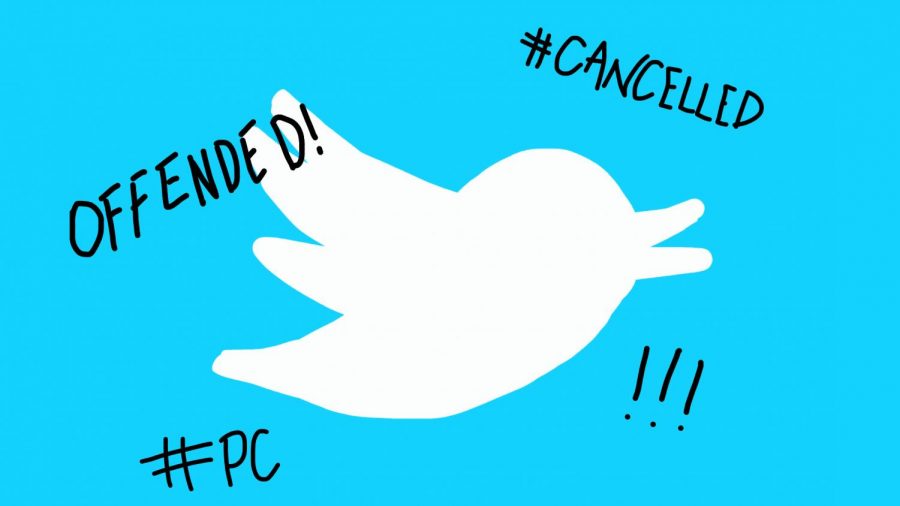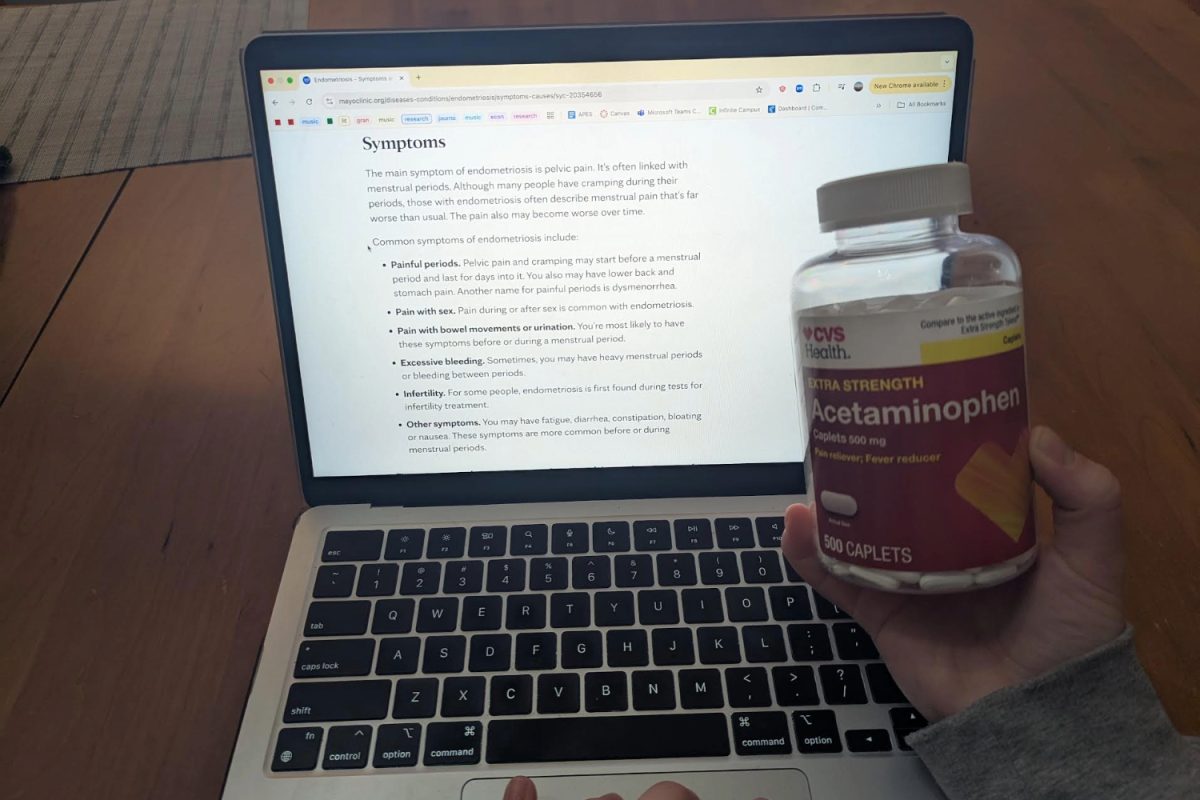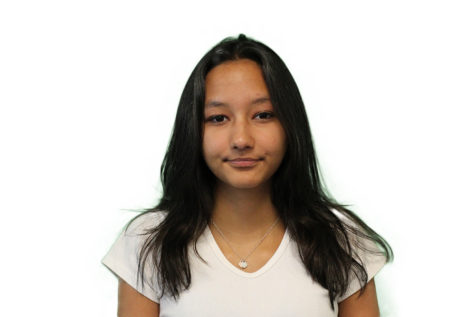I was never good at sports. A ball would come my way, and I’d send it flying in the opposite direction. Our fantastic teamwork and excellence in communication won our middle school team one game out of about 20.
Yet my shelves seemed to be flooded with trophies. I found myself throwing them out after I was awarded my third “Trophy of Participation” on top of my four medals and six certificates with the same title. Did anyone really win if everyone got the prize? Were the medals just a way of keeping every child included?
The amount of times I have watched people my age bounce around describing the color of someone’s skin or tip-toeing around discussing someone’s gender in an attempt to be respectful is countless. Was something wrong with using the word “black,” or did I need to say “African-American” to be politically correct? Such a strong, proud, and powerful term shouldn’t be an uncomfortable word to say. Even so, we always went with “African-American” just to be sure.
In today’s culture, censorship and sensitivity are essential, especially on the internet. Tweet the wrong thing, exclude the wrong group, or phrase something incorrectly, and harassment will ensue. Influencers are often subject to being “canceled” — a term used to dismiss a public figure and hold them accountable for their controversial actions. When Kim Kardashian wore Fulani braids to the 2018 MTV Movie & TV Awards, the trending hashtag “#KimKardashianisoverparty” circulated the internet, accusing her of cultural appropriation. The accusations continued last month after a photoshoot with 7Hollywood Magazine.
https://twitter.com/AerialHaze/status/1207745217799032833
Whether the pop culture icon was truly being ignorant or not, the internet was outraged. There were those offended by the influencer’s hairstyle, those offended that such a hashtag existed, and those who were offended that people were even offended.
And those, like myself, are wondering why people even cared what the Kardashian was doing with her hair, when, to quote the infamous words of her sister Kourtney, “there are people that are dying.”
During this time of extreme crisis, I realized what my father meant when he told me my generation was “full of snowflakes.” When did everyone get so fragile and sensitive?
Maybe it was the internet, which allowed us to voice our correct opinions and attack others’ wrong ones. Perhaps it was the effect of the internet’s pompousness and our craving for dramatics. Or maybe we were always this way, as an effect of our cushioned childhood in which we were given trophies for showing up and being sheltered from the horrendous 6-mile hike to school through those ravenous mountains our parents always told us about.
Of course, everyone is allowed to have and share their own opinion. The First Amendment is the first, after all. But when 4.48 billion people are on the internet voicing their opinions at the same time, expecting 100% of the others to bow down at their hands and feet at the words they say like they’re the Holy Lord himself, someone is bound to get offended.
But are we really offended? At the end of the day, was this something that would personally affect us? Did we really care, or did we just need something to complain about in our bubble of American privilege? Were we offended or afraid to hear something that needed to be said?
As much as I advocate for inclusivity, respect for cultures, and standing up for the right thing, could we have turned our frustration into polite education?
Maybe we all just need to take a chill pill, soak our feet in bubbly water, and pick up a new hobby.
Or maybe I do.












